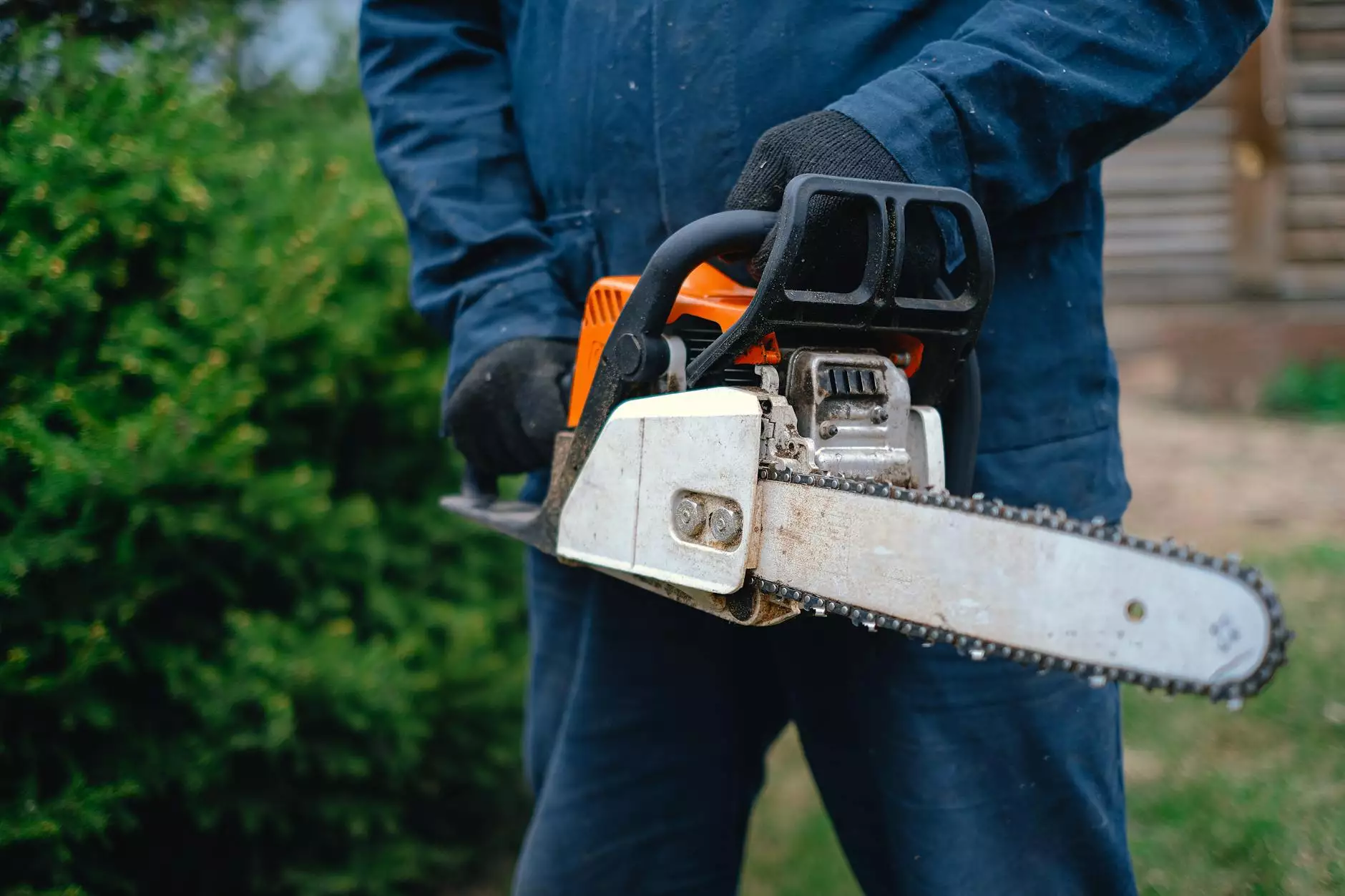The Essential Guide to Fixed Barcode Scanners

Fixed barcode scanners have become a pivotal tool across various industries, enhancing productivity, ensuring accuracy, and facilitating streamlined operations. As businesses evolve in the digital age, understanding the significance of these devices is paramount. This article will delve deeply into the world of fixed barcode scanners, their applications, advantages, and factors to consider when choosing the right scanner for your business. Our aim is not only to inform but also to position you for making smart decisions that will elevate your business operations.
What is a Fixed Barcode Scanner?
A fixed barcode scanner is a device designed to permanently monitor and capture barcodes in a defined area. Unlike handheld models, fixed scanners are mounted in place, allowing for automated scanning of items as they pass by the device. This makes them an efficient choice for environments with high volumes of inventory movement.
Key Features of Fixed Barcode Scanners
- Automated Scanning: Fixed barcode scanners operate automatically, allowing for hands-free scanning which reduces labor costs and increases efficiency.
- High Throughput: These scanners are capable of processing multiple items rapidly, making them ideal for assembly lines and retail checkouts.
- Integrated Systems: Many models can be integrated with existing inventory management systems, enabling real-time data updates.
- Durability: Built for high-performance environments, fixed scanners often have rugged designs to withstand wear and tear.
The Advantages of Using Fixed Barcode Scanners
Investing in fixed barcode scanners brings numerous advantages to businesses, particularly in sectors such as Telecommunications, IT Services & Computer Repair, and Internet Service Providers:
1. Enhanced Efficiency and Speed
One of the standout benefits of fixed barcode scanners is their ability to significantly increase operational speed. In environments where speed is essential, such as retail or manufacturing, these scanners streamline the checkout or inventory management process, allowing for rapid movement of goods with minimal lag time.
2. Improved Accuracy
Manual data entry can lead to human error, but fixed scanners mitigate this risk. Each scanned barcode provides precise data entry, reducing inaccuracies in inventory counts and ensuring that businesses can trust the information they rely on for decision-making.
3. Cost-Effectiveness
While the initial investment in fixed barcode scanners might seem significant, the long-term savings they provide are substantial. The reduction in labor costs, decrease in errors, and enhanced processing speed contribute to a rapid return on investment, making them an economically wise choice for any size of business.
4. Integration with Modern Technologies
Modern fixed barcode scanners can easily integrate with cloud-based systems and mobile technologies. This feature allows for scalability, enabling businesses to adapt and grow without necessary significant overhauls in their existing systems.
5. Versatility Across Industries
Fixed barcode scanners are used in various sectors for different applications:
- Retail: Used at checkout lines for fast processing.
- Manufacturing: Monitoring assembly lines to track parts and finished goods.
- Healthcare: Scanning patient identification wristbands for accurate medication tracking.
- Logistics: Used in warehouses for real-time inventory management.
Considerations When Choosing a Fixed Barcode Scanner
When deciding to invest in a fixed barcode scanner, businesses must consider several factors to ensure they choose the right model for their specific needs:
1. Scanning Speed
Different applications may require varying speeds of scanning. Businesses should assess their volume of transactions and choose a scanner that can keep pace with their needs.
2. Barcode Types Supported
Ensure the scanner can read the types of barcodes commonly used in your industry, including 1D barcodes (such as UPC & ISBN) and 2D barcodes (such as QR codes). Some models may only support 1D, which could limit their application.
3. Connectivity Options
Choose a scanner with the appropriate connectivity options for your operational layout. Options may include USB, Ethernet, or wireless connections, depending on your system requirements.
4. Resolution and Image Quality
Higher resolution will yield better scanning accuracy, especially for damaged or low-contrast barcodes. Review specifications to ensure image quality meets operational standards.
5. Environmental Considerations
Consider the environment where the scanner will be used. Factors like temperature, humidity, and exposure to liquids or dust can affect scanner performance. Opt for rugged models if needed.
Popular Applications of Fixed Barcode Scanners
Fixed barcode scanners find applications across multiple sectors due to their versatility and efficiency. Here are some use cases:
1. Retail Stores
In the retail environment, these scanners are commonly installed at checkout points to automatically read product items and facilitate quick transaction processing. Their implementation reduces the time customers spend at checkout, enhancing the overall shopping experience.
2. Distribution Centers
In logistics and distribution centers, fixed barcode scanners are employed to automate the sorting and processing of shipments. As packages pass through a scanning station, they are automatically read and routed to the appropriate delivery channels, significantly improving operational efficiency.
3. Healthcare Facilities
In healthcare, fixed barcode scanners are essential in medication management, patient tracking, and inventory control of medical supplies and devices. They ensure that patients receive the correct medications and that hospital staff can track the usage of vital medical supplies effectively.
4. Manufacturing Assemblies
Fixed barcode scanners play a critical role in manufacturing processes by tracking production items in real-time. Their integration into assembly lines allows manufacturers to maintain accurate inventory levels and to monitor workflow efficiency.
Future Trends in Fixed Barcode Scanners
As technology continues to evolve, so do the capabilities of fixed barcode scanners. Here are some trends to watch for:
1. Increased Integration with IoT
With the rise of the Internet of Things (IoT), more fixed barcode scanners are being designed to connect with other smart devices, facilitating real-time data sharing and analysis. This integration enhances operational insight and allows for better decision-making based on accurate data.
2. Advanced Image Processing
Future fixed barcode scanners will likely feature advanced image processing technologies, enabling them to read even more complex barcode formats and damaged codes efficiently. This is particularly useful in industries where packaging can be subjected to wear and tear.
3. Adoption of AI and Machine Learning
Artificial Intelligence and Machine Learning technologies are positioned to revolutionize barcode scanning by enabling predictive analytics and better customer service through enhanced data management and analysis capabilities.
Conclusion
In summary, investing in a fixed barcode scanner offers numerous advantages including enhanced efficiency, accuracy in data capture, and cost-effectiveness. Understanding their features, advantages, and best application areas is crucial for making an informed decision that benefits your business operations. As industries continue to advance and automate, fixed barcode scanners will remain an indispensable part of operational success across Telecommunications, IT Services & Computer Repair, and Internet Service Providers. By selecting the right fixed barcode scanner tailored to your business needs, you can leverage technology to pave the way for future growth and efficiency.









